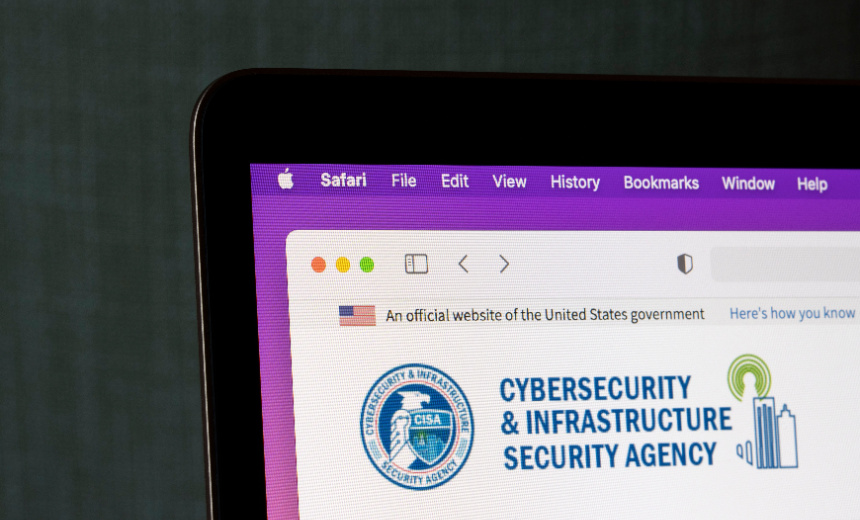Government
,
Industry Specific
Trump Administration Picks May Test Bipartisan Support for Cybersecurity Agency

Newly empowered Republicans in U.S. president-elect Donald Trump’s orbit appear slated to enact far-reaching changes to the federal cyber defense agency, with one senator pledging to act on his long-standing enmity to the Cybersecurity and Infrastructure Security Agency.
See Also: State combines On-Prem and Multi-Cloud Data for Comprehensive Security
Cybersecurity experts warn that Trump’s recent picks – including Tulsi Gabbard for Director of National Intelligence and South Dakota Gov. Krist Noem for Homeland Security – could drastically redefine U.S. cybersecurity strategy and the protection of critical infrastructure. Gabbard has frequently criticized U.S. intelligence and occasionally echoed pro-Russian narratives, while Noem stands out as the only governor to reject federal funding from DHS’ $1 billion cybersecurity grant program in 2023.
Sen. Rand Paul, R-Ky., is poised to lead the Senate Homeland Security and Governmental Affairs Committee – which oversees CISA – following Republicans’ narrow Senate majority win. Paul, who did not endorse Trump in 2024 but is often aligned with the president-elect on policy, told Politico in a Thursday interview he’d “like to eliminate” CISA, or, “at the very least, eliminate their ability to censor content online.”
CISA, created under Trump in 2018, faced major controversy when the former president fired then-director Chris Krebs for rejecting Republican claims of a stolen 2020 election by characterizing it as “the most secure in American history.”
The agency has pushed back on Republican claims that the agency censored or facilitated censorship on social media platforms, describing the allegations as “patently false” in multiple statements. A House Republican-led investigation into CISA’s election security efforts in 2016 accused the agency of “exceeding its statutory authority” to monitor misinformation and disinformation campaigns.
Ohio Secretary of State Frank LaRose has positioned himself as a top contender to lead the agency under Trump, reportedly telling colleagues he’s interested in taking on the role. LaRose has been a fierce opponent against noncitizen voting in U.S. elections – an extremely rare occurrence that has seen heightened attention from Republicans in recent years – while serving as the top election official in his state since 2019.
A former CISA official who requested anonymity to candidly discuss the agency’s future said the agency would have starkly different priorities under Gabbard as ODNI director, Noem as departmental secretary and LaRose as CISA director. The agency could serve as a vehicle to highlight supposed instances of nationwide election and voter fraud, the former official said, while turning a blind eye to Russian disinformation campaigns.
Experts have warned that Russian threat actors could feel emboldened by a second Trump presidency, intensifying attacks on Moldova and other former Warsaw Pact countries that prefer alignment with European Union over the Kremlin. Moscow-linked threat actors will likely also target NATO alliance members and seek to exploit uncertainty around the viability of the alliance under Trump (see: How Global Threat Actors May Respond to a Second Trump Term).
Jen Easterly, who serves as director of CISA under Biden, will reportedly step down from her post at the end of the current administration. Other top appointees leaving the cyber defense agency by January 20 include deputy director Nitin Natarajan, executive assistant director for cybersecurity Jeff Greene, and executive assistant director for infrastructure Security David Mussington.
CISA declined to comment for this story.
